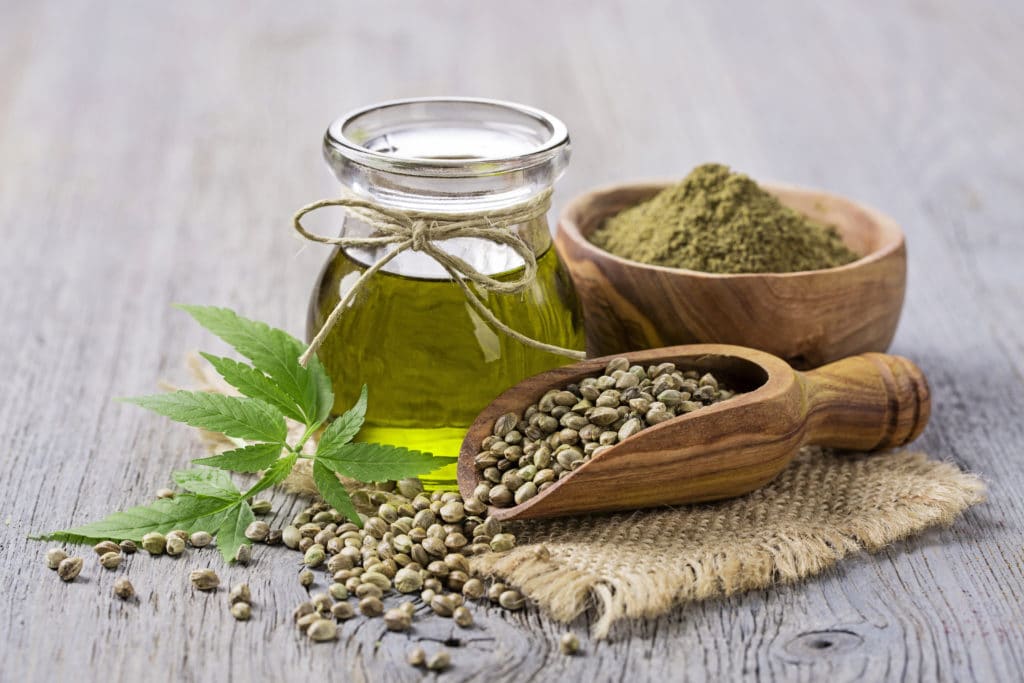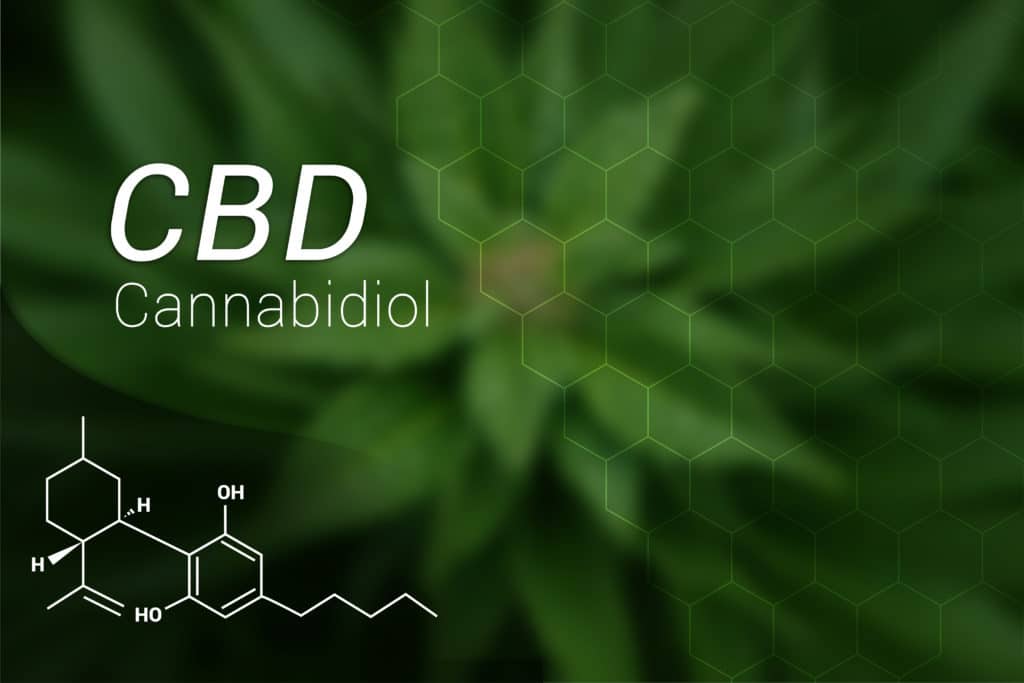Recent activity by the Food and Drug Administration (FDA) has taken some wind out of the sails of the burgeoning cannabidiol (CBD) industry.
In a Consumer Update released in late November, the FDA reminded constituents that CBD is not approved for use in food or dietary supplements for humans or animals. Citing a paucity of safety and efficacy data, the Update states rather succinctly, “(i)t is currently illegal to market CBD by adding it to a food or labeling it as a dietary supplement.”
CBD Approved for Pharma Only
Currently there is only one CBD product approved for use, a prescription drug used to treat a rare form of epilepsy. During clinical trials, the drug, Epidiolex, demonstrated potential to cause liver problems in users. Study data also revealed a slight possibility of harmful drug interactions and deleterious side-effects. Despite these concerns, the FDA approved Epidiolex because the benefits outweigh the risks for patients with certain rare seizure disorders. Until researchers can produce sufficient safety data on CBD use, the FDA does not intend to approve CBD for use in foods or supplements.
Opponents of the CBD ban contend that Epidiolex contains a large dose of CBD, and therefore data derived during drug development is irrelevant to much lower dosage food and dietary supplement CBD products.
CBD Warning Letters
Concurrently with publication of the Consumer Update, the FDA announced the issuance of 15 warning letters to CBD product manufacturers, primarily due to unsupported medical and/or function claims made regarding the products.
No GRAS for Grass
This latest information comes on the heels of an FDA Public Health Focus statement released in early November addressing FDA regulation of Cannabis and Cannabis-Derived Products, including CBD. The statement reiterates that none of these items have been granted Generally Regarded as Safe (GRAS) status for use as food additives.
Manufacturers of CBD products were hopeful when the 2018 Farm Bill did not include hemp on the list of controlled substances that hemp-derived CBD products would have a clearer path to market. With this latest activity, the FDA has proven this hope to be false, for now.
Future Developments?
The Update does offer a glimmer of hope to the CBD industry stating, “(t)he FDA is evaluating the regulatory frameworks that apply to certain cannabis-derived products that are intended for non-drug uses, including whether and/or how the FDA might consider updating its regulations, as well as whether potential legislation might be appropriate. The information we have underscores the need for further study and high quality, scientific information about the safety and potential uses of CBD.”




